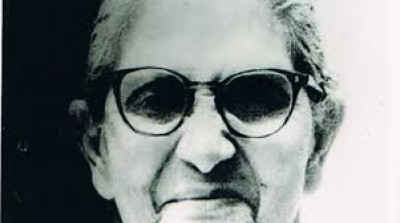Life & Legacy
She was born as "Chandrapriya Mazumdar" (Chandrapriya Das) on 16 March 1901 to Ratiram Mazumdar (a village headman) and Gangapriya Mazumdar at Daisingari village of Kamrup district (Now Bajali district) in the Northeast Indian state of Assam. She was the seventh of eleven children and choose the name "Chandraprabha Saikiani" for herself. Chandraprabha Saikiani grew up witnessing the challenges faced by women in rural Assam Determined to bring change, she became actively involved in the Assamese literary and socio-political movements of the early 20th century.
Accompanied by her sister Rajaniprabha Saikiani (who later on became the first woman doctor of Assam), they waded through waist-deep mud to attend a boys' school (there was no girls' school) several kilometers away. Their endeavour impressed Nilkanta Barua, a school sub-inspector, and she was awarded a scholarship to the Nagaon Mission School. At Nagaon Mission School, she protested against the school authorities who did not allow a girl to stay at the hostel after rejecting a proposal to convert to Christianity. She finally saw the result of her protest: the authorities admitted the girl into the hostel.
As a reformer, she fought against child marriage, caste-based discrimination, and social restrictions on women’s education. She was the founder of the All Assam Pradeshik Mahila Samiti (1926), the first women’s organization in Assam, which played a pivotal role in uniting women for collective progress.
Chandraprabha Saikiani was also deeply associated with the Assam Sahitya Sabha, where she emphasized the importance of women’s participation in literature and culture. Her activism was reflected not just in speeches but in real action—working at the grassroots to ensure women could access education and equal rights.
Her lifelong struggle and commitment were recognized when the Government of India awarded her the Padmashree in 1972, making her one of Assam’s most respected women leaders.
Today, Padmashree Chandraprabha Saikiani is remembered as a symbol of courage, resilience, and progressive thought. Her contributions remain an inspiration for women’s empowerment and social justice in Assam and beyond.
